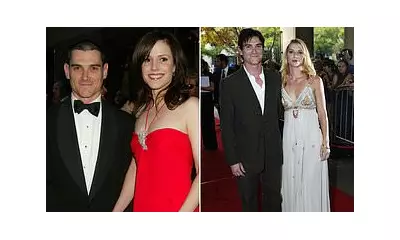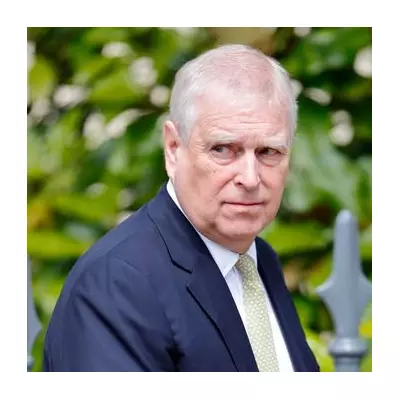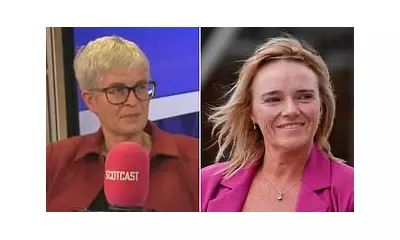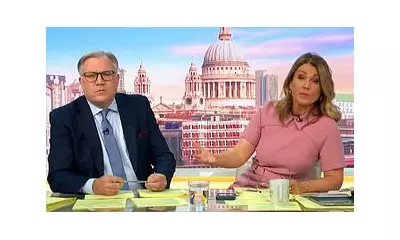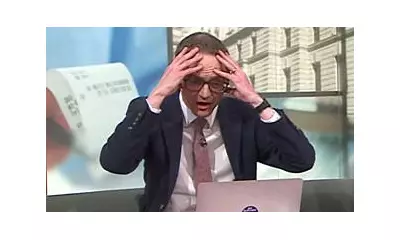
The decision by former President Donald Trump to bestow America's highest civilian honour upon conservative activist Charlie Kirk has ignited a firestorm of criticism within diplomatic circles, with senior State Department officials expressing profound dismay at what they perceive as the politicisation of the prestigious award.
A Contentious Honour
Charlie Kirk, founder of the conservative student organisation Turning Point USA, received the Presidential Medal of Freedom during Trump's final days in office. The move has been met with consternation among career diplomats who argue that the award should recognise genuine national contributions rather than political allegiance.
Diplomatic Disquiet
Multiple sources within the State Department have revealed that the decision caused significant discomfort among officials who traditionally view the Medal of Freedom as representing bipartisan American values. "This isn't about politics—it's about preserving the integrity of one of our nation's most sacred honours," one senior official commented anonymously.
Kirk's Polarising Influence
The 28-year-old activist has built a substantial following through his conservative advocacy work, but his controversial statements on various social and political issues have made him a divisive figure. Critics argue that his recognition with such a distinguished award sets a concerning precedent for the future of American civic honours.
Historical Context and Precedent
The Presidential Medal of Freedom has traditionally been awarded to individuals who have made "especially meritorious contributions to the security or national interests of the United States, world peace, or cultural or other significant public or private endeavours." Past recipients include cultural icons, scientific pioneers, and humanitarian leaders rather than primarily political activists.
Broader Implications
This controversy highlights ongoing tensions between political appointments and career civil servants within Washington's power structures. The incident raises important questions about how presidential powers are exercised in the waning days of an administration and what legacy such decisions leave for future holders of the office.

